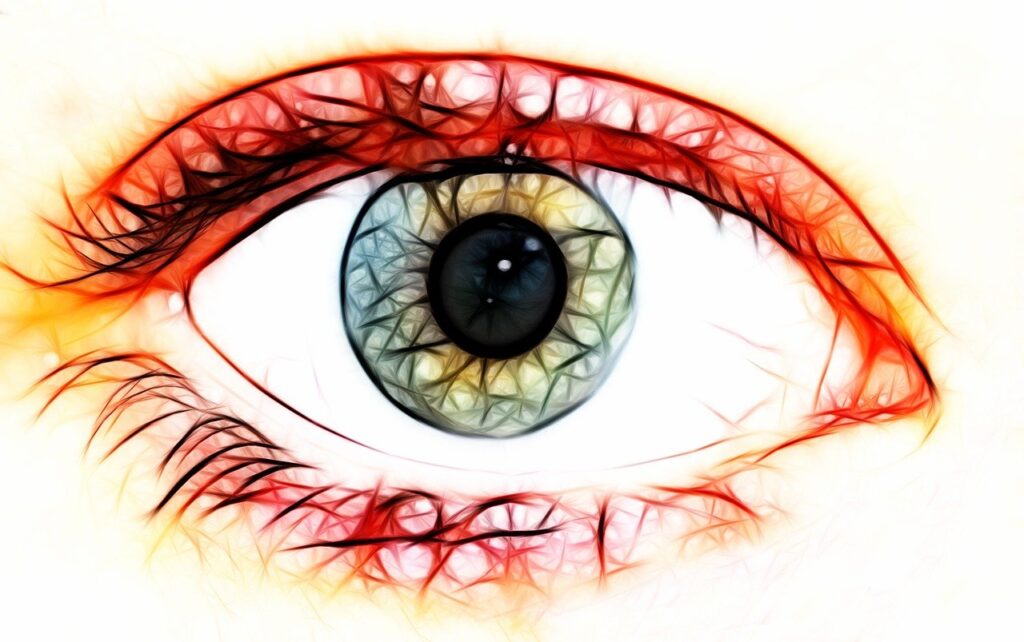Sleep Affects Everything!
Too often we take for granted the fact that our bodies can function on little or poor quality sleep without taking into consideration what is happening, and not to our benefit!
Sleep is not only a time of rest but also a time for resetting hormones, allowing brainwave patterns to settle into a restorative pattern, and giving muscles and connective tissue some time to heal and nourish. Sadly, and too often, we are made to feel “lazy” if we sleep and are not up at the crack of dawn. At night, the expression, “you can sleep when you’re dead,” further perpetuates the feeling that sleep is basically a waste of time, and as a result, when it comes to health, it is the last thing that many individuals think of as a way of improving mood, weight control, brain preservation, and athletic ability.
As lifestyles have evolved, they have unfortunately contributed to poor sleep patterns. High sugar diets, excessive caffeine intake, dependence on electronic devices, and TVs in bedrooms are all thieves of good quality sleep.
A few things to understand:
If stress and adrenalin are high at night, then insulin continues to be stimulated. These high levels cause rapid increases and decreases in blood sugar which in turn slows metabolism and interferes with restorative sleep. Meditation, prayer, non-excitatory reading (not a crime novel!) are all ways you can gently prevent the stress hormones from taking over.
Using devices that emit blue light—such as phones, tablets, and television—within 2 hours of sleep decreases the production of melatonin from the pineal gland in the brain. Melatonin helps both induce and sustain sleep. Enough said.
(If avoiding screens at later hours proves difficult, most devices now have settings or downloadable apps that can automatically stop blue light emission after a certain hour of the night. There are also inexpensive glasses available that filter out these disruptive rays.)
Drinking more than 2 cups of caffeinated coffee, tea, or soda per day can interfere with sleep patterns, even if these are ingested early in the day. This is an individual effect, and some tolerate more than others, but try to see how much YOU are consuming in a day. It adds up!
High sugar stimulates a more rapid rise and fall of blood sugar. Low blood sugar at night will wake you up hungry! A small snack of protein an hour or so before bed may help prevent this.
Exercise, in general, is an excellent way to help establish or maintain good sleep patterns, but vigorous workouts should not be done within 3-4 hours of bedtime. Walks, yoga, and stretching are all fine.
Keep your bedroom cool (68ºF or cooler) and dark to promote optimal sleep.
Some of my patients were quite sensitive to the effects of electromagnetic fields and found them to be sleep disruptors. Try to keep anything plugged in—such as clocks, radios, and phone chargers—away from bedside tables.
If you need a little extra help getting good sleep patterns started, then I would suggest the following items. It is fine to use all or only one or two, but the goal is getting you back into a good sleep rhythm.
- Magnesium – 200-400 mg before bed is a natural relaxant, and truthfully, most people are deficient. Magnesium has many forms, my preference is a combination.
- Integrative Therapeutics Tri-Magnesium 300 mg is a great product. Start with one at bedtime.
- Phosphatidylserine – 100-300 mg at bedtime. Yes, the word is a mouthful, but it blocks excessive adrenalin production which revs up your system. There are also studies which suggest it may help in maintaining good brain health and part of the prevention of dementia.
- A suggested brand is Metabolic Maintenance PS-100. This comes as a gel cap and is a quality product for a very good value.
- Melatonin – Helpful for some and not for others. More is not necessarily better; always start with a low dose (1-3 mg) and work up if necessary. Not only can melatonin help with sleep maintenance, but it seems to also have a profound benefit on immune function and is used with many cancer patients. There are many different formulations of this product but a few that are particularly good are:
- ProThera Melatonin Lozenge 1 mg
- Pure Encapsulations liquid (in dropper form) 2.5 mg
- Thorne Melatonin Capsules 3 mg
- Carlson Melatonin Gummies 5 mg
- 5-HTP – This is the molecule that helps the body make serotonin, one of the brain chemicals that supports mood and focus. 50-200 mg at night is a common dose. If you are on an antidepressant medication, please consult your physician before adding this.
- Metabolic Maintenance 5-HTP comes in both 50 mg and 100 mg capsules
- Ortho Molecular is another good option, 5-HTP 100mg
- Vitamin D – Not only for sleep but for a host of other processes, make sure your level of D-3 is at least 50. On that note, if taking Vitamin D, please be sure it is Vitamin D-3. Vitamin D-2, which is commonly prescribed, must be converted to D-3 in order to do its job. Some people cannot make this conversion and remain deficient if they take only D-2.
- Vital Nutrients D3 Capsules, 5000 units
- Pure Encapsulations D3 Liquid (vegan)
Try it! You will be amazed at what better sleep can do in health, fitness, and general well-being. Please remember, always use certified, safe, and pure supplements. When you order from the Wellevate portal using the guidelines found here, you can be assured that all of these criteria are met!


